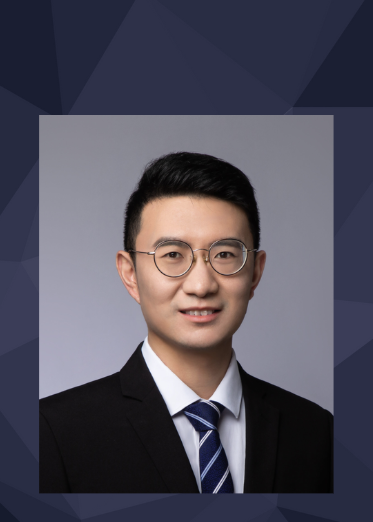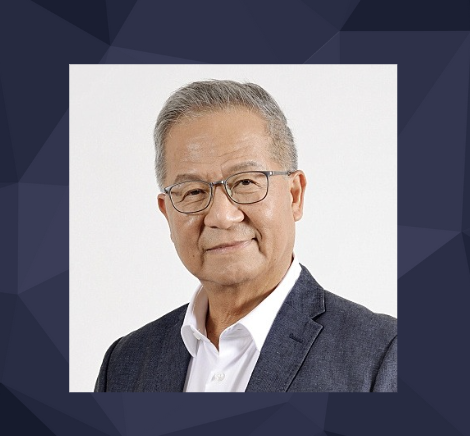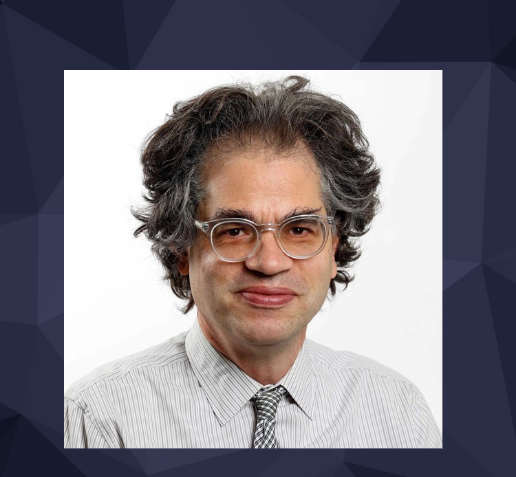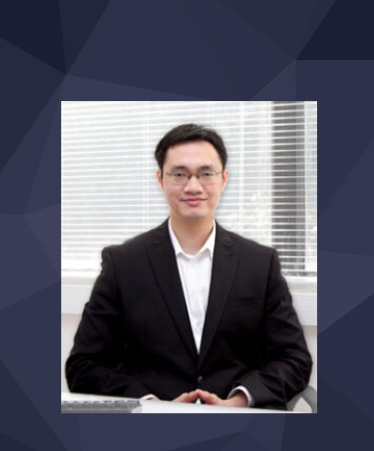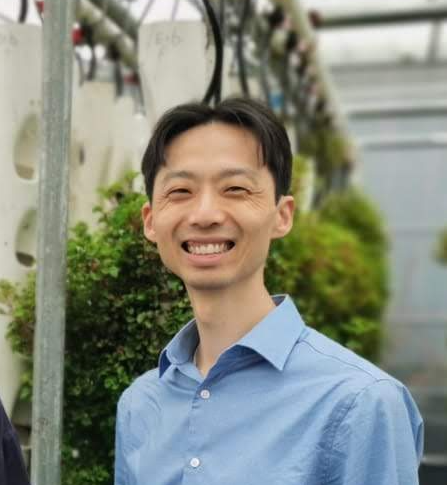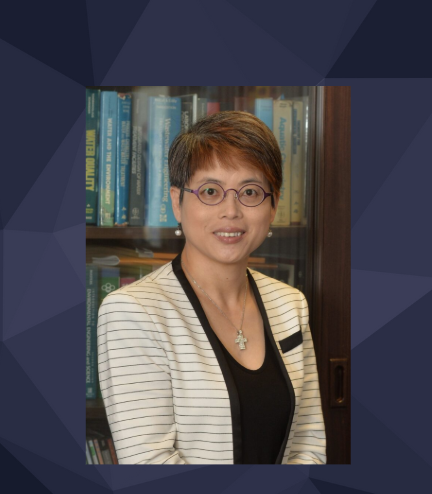Young Scholar TechTalk – Towards Resilient Intelligence in 6G Wireless Networks
November 4, 2025 (Tuesday) 4:00pm-5:00pm
As we move towards Sixth Generation (6G) wireless networks, the focus shifts from speed and capacity to building intelligent, adaptable, and resilient systems. This talk explores the integration of Artificial Intelligence (AI) into 6G networks, focusing on developing resilient intelligence for dynamic and resource-constrained environments. We present a novel framework that combines reinforcement learning, multi-agent coordination, and reward modeling to tackle challenges in wireless optimization, especially in environments with sparse, noisy, and delayed feedback. Our methods enable continuous adaptation to dynamic changes in traffic, mobility, and energy constraints, enhancing the resilience of 6G systems for critical applications like autonomous transport, industrial IoT, and emergency response. Through practical case studies, we demonstrate how adaptive intelligence can optimize network performance and improve the scalability of future wireless systems, offering insights into the path towards resilient, intelligent 6G networks.


